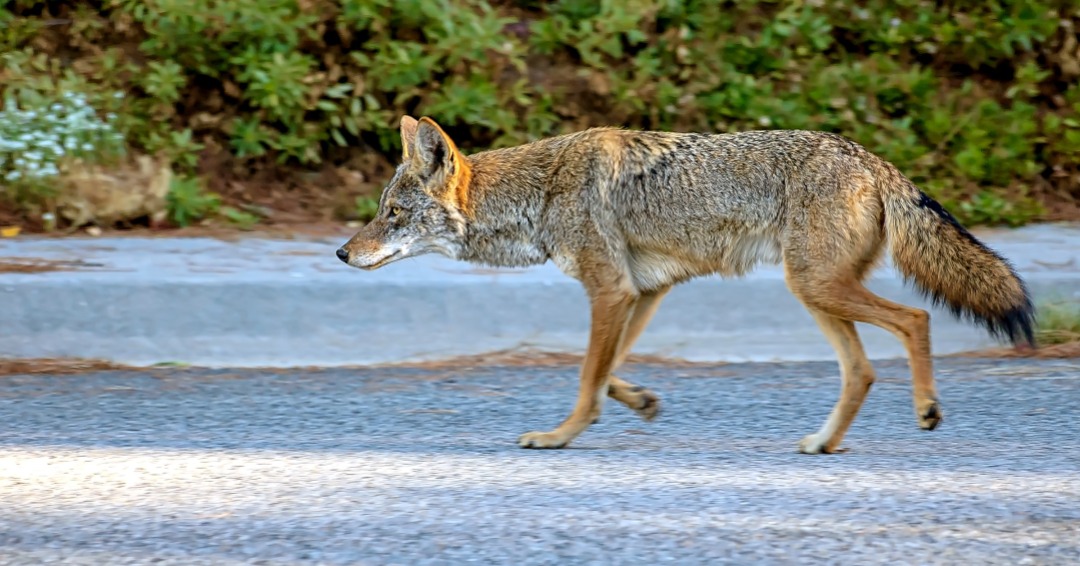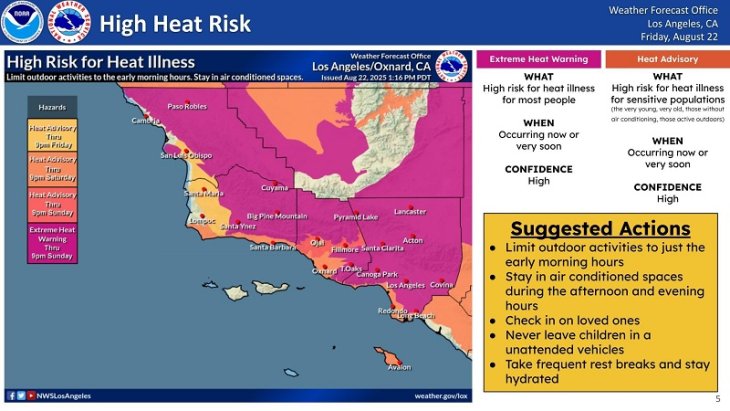Traci Park’s Office Shares Essential Guidelines for Dealing with Coyote Encounters
By Dolores Quintana
Coyote sightings have been on the rise in our neighborhoods, prompting proactive measures from the office of City Councilwoman Traci Park. A recent Coyote Safety Briefing was hosted to address residents’ concerns and provide valuable insights on safeguarding your family and pets from potential encounters with these wild creatures. Here are some key takeaways from the briefing:
1. Feeding Pets Indoors or Supervising Outdoor Meals: It is essential to feed your pets indoors whenever possible, or if they dine outdoors, ensure you supervise their meals and remove any uneaten food promptly. Importantly, avoid feeding wild animals, as it is against the law to feed predatory wildlife within the City of Los Angeles.
2. Secure Your Pets at Night: It is advisable to keep them indoors. To protect your pets from coyotes during the night, use a covered enclosure if indoor confinement is not an option. Ensure the enclosure is constructed with sturdy, heavy wire, as coyotes can break through flimsy materials like chicken wire.
3. Short Leashes for Dog Walks: While walking your dog, keep them on a short leash, ideally measuring six feet or less. Additionally, consider carrying an air horn or a “coyote shaker,” such as a can filled with rocks that can be used to create noise and potentially scare off a coyote.
4. Reacting to Coyote Encounters: If a coyote approaches you or your pet, acting assertively is crucial. Wave your arms, shout loudly in a low tone, and use any noise-making device you have at your disposal, such as an air horn or coyote shaker. Make yourself appear as large as possible to intimidate the coyote, but avoid turning your back on it.
5. Stay Informed: For a comprehensive guide on dealing with coyotes and additional tips, visit the following link: Coyote Safety Tips.
In light of the recent surge in coyote sightings, Councilwoman Traci Park’s office encourages residents to stay vigilant and follow these guidelines to minimize the potential for encounters with these wild animals. Remember, knowledge and preparedness are vital to ensuring the safety of your loved ones and pets in our communities.



























